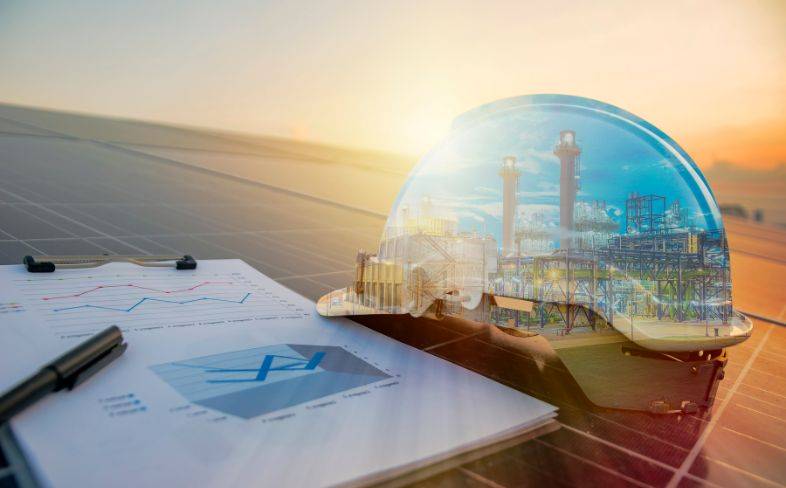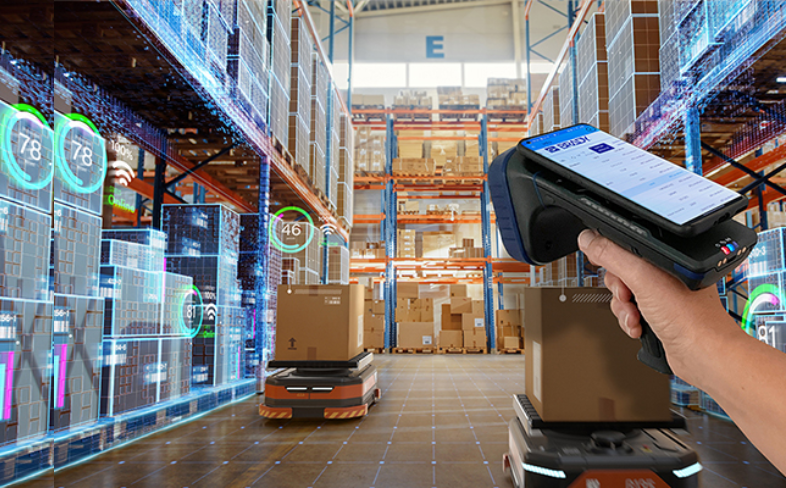Qatar plans to build around 1,000MW of solar power generating capacity to diversify its energy mix away from hydrocarbons, according to the state utility
Qatar Electricity and Water Company (QEWC) had said in late December that it would hold 60 per cent of a new solar power joint venture with Qatar Petroleum.
The two shareholders will provide US$500mn of start-up capital, general manager of QEWC Fahd al-Mohannadi added. International companies will be invited to back 40 per cent of each project through a competitive tender process.
?We decided to do it based on the fact that producing power from solar is cheaper than buying gas from the international market,? Mohannadi said.
He, however, did not say when it would reach 1,000MW of generating capacity. Abdulsattar al-Rasheed, business development director at QEWC, said setting up the joint venture should be completed by the end of this year or early in 2017.
There is an increasing commercial generation of solar power in the Gulf, and oil-exporting countries around the region are starting to develop it, citing environmental reasons as well as a desire to conserve oil and gas reserves for export in the future.
Two projects in the UAE are expected to be tendered this year, which would create 1,150MW when fully operational. Saudi Arabia has plans for both small solar schemes and power plants in which a solar component is combined with a fossil fuel element.
Mohannadi said that solar would be a key part of Qatar?s future energy mix, since both coal and wind power had been ruled out and the country?s land mass was too small to consider nuclear power.
Peak demand for both electricity and water is expected to grow at six to eight per cent this year, from last year?s daily highs of around 7,000MW and 330mn gallons of water.
The first phase of the Ras Abu Fontas A3 water plant expansion, built by a consortium led by Mitsubishi Corporation, is due to be completed in September this year and will be fully operational in January 2017 when it produces 36mn gallons daily, according to a document distributed to shareholders.
Ras Abu Fontas will cost US$480.6mn and will be funded by loans from local banks. The Umm Al Houl power plant, also built by Mitsubishi Corporation and with total production capacity of 2,520MW of electricity and 136.5mn gallons, will come on line in phases between April 2017 and July 2018. The cost of Umm Al Houl has already been disclosed at US$2.75bn.



























